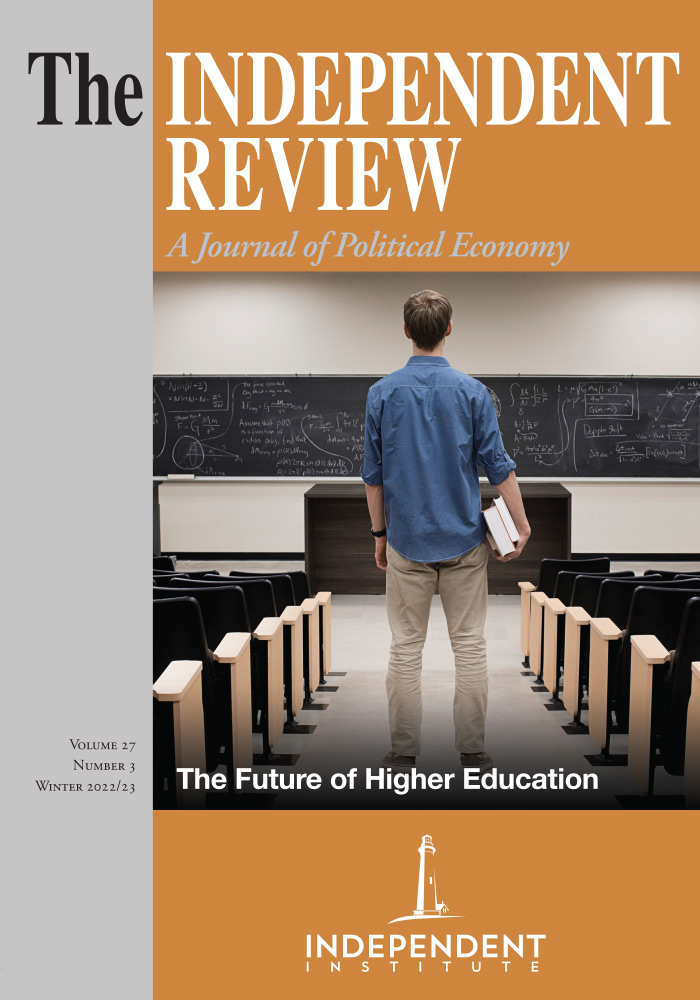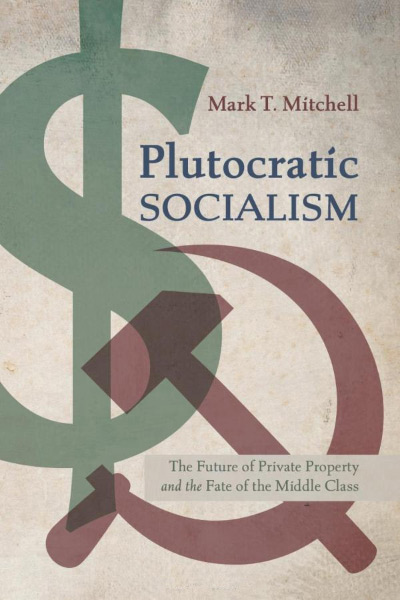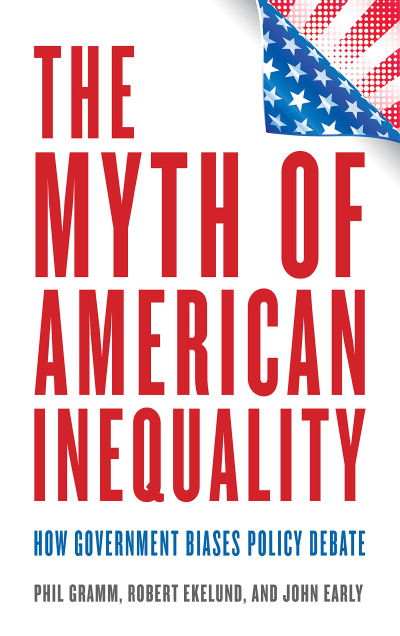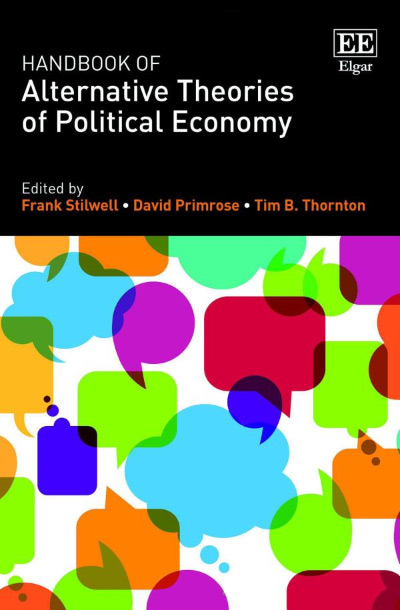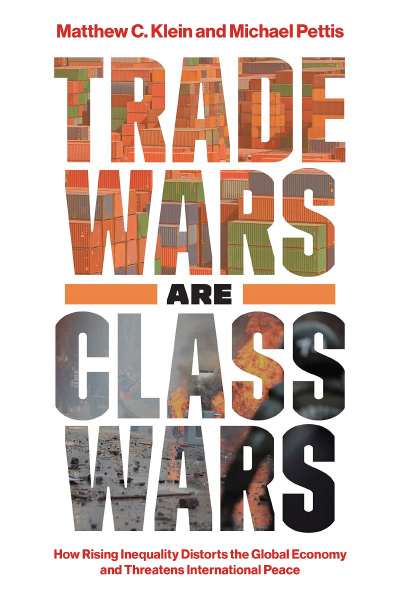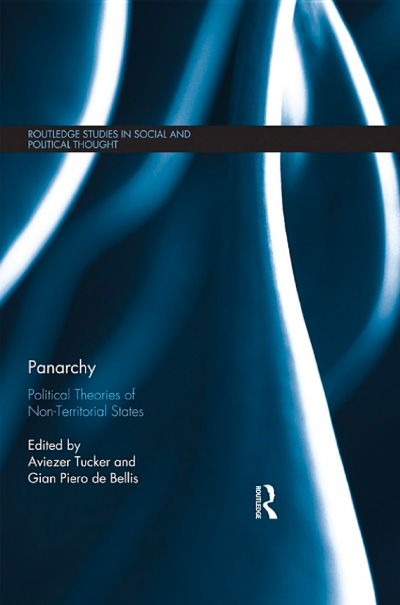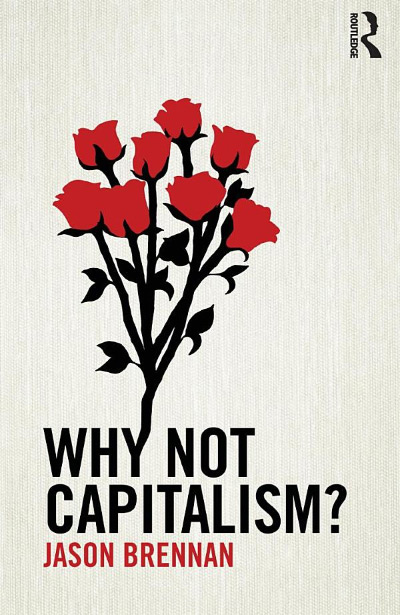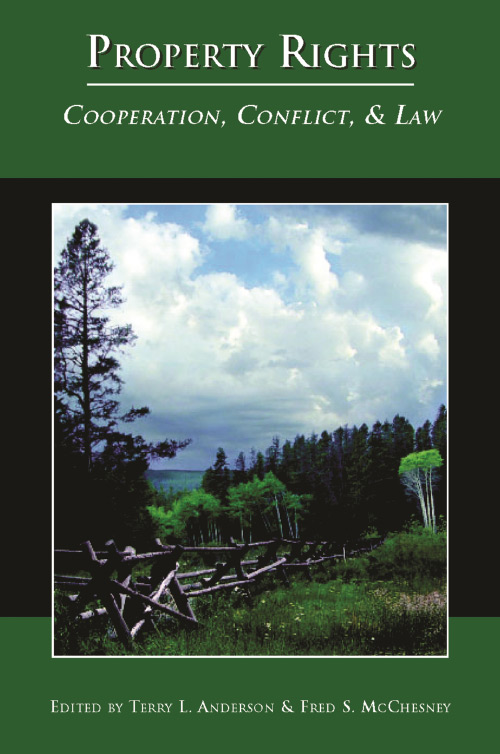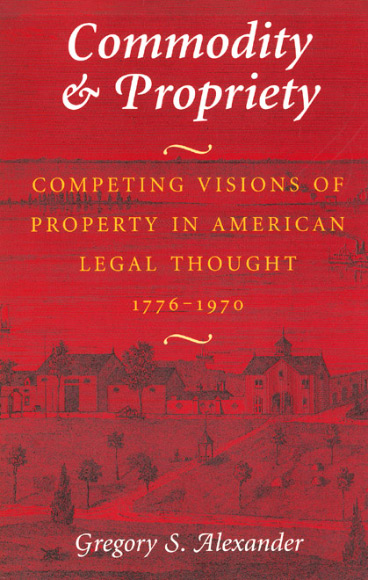The axiom of power is the idea that “power tends to expand and consolidate” and that this encroaching nature of power is “dangerous and undesirable” because it ultimately leads to tyranny (p. ix). In his book, Plutocratic Socialism, Mark Mitchell asserts that the Founding Fathers understood that to prevent such an undesirable accumulation of power the republic needs a vibrant middle class of vigilant property-owning citizens. Mitchell spends the remainder of the book arguing that the U.S. are at a crossroads when it comes to the stability of the republic, because the vibrant middle class of vigilant property-owning citizens is disappearing. In its place, a destructive political alliance between wealthy elites (plutocrats) and a large underclass of woke socialists has arisen. The cure Mitchell recommends for the ills of plutocratic socialism is a revitalization of widespread ownership of property through policy promoting home ownership, land ownership, business ownership, as well as tax policy incentivizing the expansion of a worker-owner class.
Mitchell’s account of the threats inherent in twenty-first century political dynamics is thought provoking and worth the read for anyone concerned about the increasingly divisive nature of politics. Its shortcomings are two-fold: 1. Mitchell frequently references thinly veiled conservative Christian ideas and notions, which will limit the book’s appeal, 2. He fails to recognize that ownership of productive resources, which gives individuals a stake in the fate of society, does not have to be limited to land.
Mitchell begins his book with a survey of the intellectual history of private property from biblical history, through Plato, Aristotle, Locke, Smith, and Marx, straight to the American New Deal. He suggests that because the industrial revolution resulted in wide-spread loss of landownership, citizens have also lost their good senses: they are no longer reasonable property-owning stewards but instead gender-confused, welfare-consuming, brats demanding ever greater levels of government support.
Chapter two continues with a deeper dive on the history of property rights in the American colonies through the war of independence. Chapter three surveys the arguments of the founding fathers regarding property, highlighting the idea that to maintain a republic a relatively equal distribution of property is required. The founding fathers believed, like Mitchell, that a spirit of commerce, motivated by private property, was essential to bringing about “frugality, economy, moderation, work, wisdom, tranquility, order, and rule” (p. 80).
Echoing Marx and de Tocqueville, Mitchell argues in chapter 4 that the advanced division of labor and subsequent rise of large business created a class of proletarians alongside a class of industrial aristocrats or plutocrats. Together those groups have furthered the centralization of a state dedicated to the production of concentrated benefits for industrialist opportunists. Those plutocrats clandestinely hide their nefarious cronyism behind a blanket of social democratic welfare policy distributing ever larger shares of the social surplus to the proletarians whose ideology they embrace. In the process, they destroy truly democratic institutions and property rights.
In chapter five, Mitchell argues that with industrialization the common conception of work has changed from one of work as vocation to one of work as a means to an end. Advertising and mass production have ushered in an area of fast fashion, throw away culture, and technological obsolescence. Quality of output is no longer a priority and, as a result, workers no longer take pride in their vocation. The simultaneous decline of Christianity has removed the notion of vocation as a space for the fulfillment of human potential to the greater glory of God:
“Instead of seeking the call of God, we now ask young people what they want to do with their lives. Providence and divine guidance oriented toward service to others has been replaced with individual will rooted in appetite. Because appetites are infinitely expansive as well as notoriously fickle, it is no surprise that the language of self-fulfillment has largely usurped that of service” (p. 118).
Channeling Wilhelm Röpke, Mitchell concludes that divorced from purpose and property, the new nomadic proletarian working class lacks the responsibility ownership confers and has, as a result, become degenerate and dependent on the welfare state. Left merely with wages, rather than productive property the proletarian has no incentive to make long-term commitments and lives in permanent insecurity, a type of childish unfreedom perpetuated by the nanny state.
Chapter six suggests that woke democratic socialists have consistently implemented policy that leads to centralization and consolidation of political and economic power usually in the name of crisis (climate crisis, economic crisis, public health crisis).
In chapter seven, Mitchell argues that the consensus on American values has been fractured: different faith traditions and different language communities have replaced one common protestant English Christian faith tradition. In place of this shared tradition, woke socialism pits the poor and minorities against the greedy rich, creating class warfare.
He suggests that a commitment to the ownership of property could help reinvigorate the virtues necessary for healthy citizens. Property ownership forms character and “can help shape virtues conducive to self-government, for when we exercise dominion over a piece of productive property, we are compelled to submit to limits imposed by the reality of the property” (p. 156). With property, we learn to be self-sufficient, neighborly, frugal; without property, we remain in a state of dependent childhood.
In chapter eight, Mitchell argues that both extremes of ownership (absolute and communal) undermine individual responsibility and stewardship and are fundamentally unstable. Absolute ownership neglects responsibility to the other and future generations through excessive focus on momentary selfish appetites and desires. Communal ownership results in the well-known problem of the tragedy of the commons. Mitchell instead advocates for a conception of property rooted in the Judeo-Christian understanding of Creation, which puts the notion of stewardship at the center and emphasizes the responsibilities to society inherent in property. He suggests that this Christian conception of property would solve most of the social ills of our time: the climate crisis (we should be good stewards of God’s creation), the abortion debate (“abortion is a denial of the goodness of the gift of femaleness” and ultimately anti-woman (p. 181)), education policy (education is a process of inculcating virtue, moral truths, and religious commitments), immigration policy (immigration policy that “ignores the necessity of educating immigrants is a policy that will undermine American freedom”), gender dysphoria (if we recognize our bodies as a gift from God, we can understand that the claim that “gender is fluid and determined primarily by desire or personal preference is, simply put, a lie” (p. 180)). Chapter 9 concludes the book by rehashing the main arguments put forth in previous chapters.
As a public choice economist, I have a lot of sympathy for Mitchell’s concerns over plutocratic socialism and the political dynamics between rent-seeking plutocratic elites and the woke socialists that provide them with moral cover for their cronyism (Bruce Yandle, 1983, Bootleggers and Baptists: The Education of a Regulatory Economist, Regulation 7, no. 3 [May/June]: 12 – 16.). Yet, while I agree with some of Mitchell’s concerns over the direction the republic may be taking, I am less persuaded by his argument that a lack of private property and in particular ownership of land is the source of the problem. We may no longer own land, but in an advanced industrialized economy focused on the production of services an emphasis on ownership and development of human capital could easily take the place of landownership to foster an ethic of stewardship not unlike Mitchell calls for. Arguably a focus on human capital rather than land is inherent even in biblical discussions of stewardship as well: the parable of the talents in the Gospel of Matthew is just one obvious example. It is somewhat surprising that a dean of academic affairs and college professor, who is engaged in developing human capital, fails to see the potential to root notions of stewardship and individual responsibility in ownership of such human capital instead of land only.
In line with many traditional conservatives, Mitchell seems to blame the rise of plutocracy on industrialization, which resulted in alienation and ultimately destroyed the Judeo-Christian consensus, presumably by allowing too many immigrants into the country. I wonder whether the causation may not be reversed: rather than blaming capitalism, industrialization, and migration can we find the cause of our political ills in ideological changes that preceded both industrialization and the rise of plutocracy?
In Afraid to be Free: Dependency as Desideratum (2005, Public Choice 124, no. 1/2: 19 – 31), James Buchanan argued that at the root of socialism’s success as a political ideology (despite its failure as a political system) is a general disposition among persons to fear the responsibility inherent in freedom. Buchanan argues that in the wake of the Reformation and Enlightenment, the state has replaced God as father or mother figure for the majority of individuals who cannot bear the burden of responsibilities that come with a full range of liberties (woke socialists). As a result of this demand for parental protection, government programs and in particular redistributive welfare state programs have grown and taken on the significance churches and private charity had in the past. At the same time, paternalist elites (Mitchell’s plutocrats) enjoy the role of caring for the masses who do not know what is in their own best interest. While Buchanan and Mitchell worry about similar symptoms, Buchanan’s diagnosis does not lend itself to simple policy prescriptions. In his model, the popularity of socialist ideas cannot be reversed with tax policy incentivizing landownership to reverse some of the consequences of industrialization. Instead, Buchanan’s analysis leaves us with the difficult task of promoting widespread acceptance of a “constitutional attitude” (James Buchanan and Geoffrey Brennan, [1985] 2000, The Reason of Rules: Constitutional Political Economy, Indianapolis: Liberty Fund, 149), focused on constraining a state to productive activities while leaving market institutions intact.
| Other Independent Review articles by Diana W. Thomas | ||
| Spring 2024 | The Power of Hope: How the Science of Well-Being Can Save Us from Despair | |
| Spring 2024 | The Human Prosperity Project: Essays on Socialism and Free Market Capitalism from the Hoover Institution | |
| Fall 2023 | Knut Wicksell: A Consistent Marginalist | |
| [View All (5)] | ||

